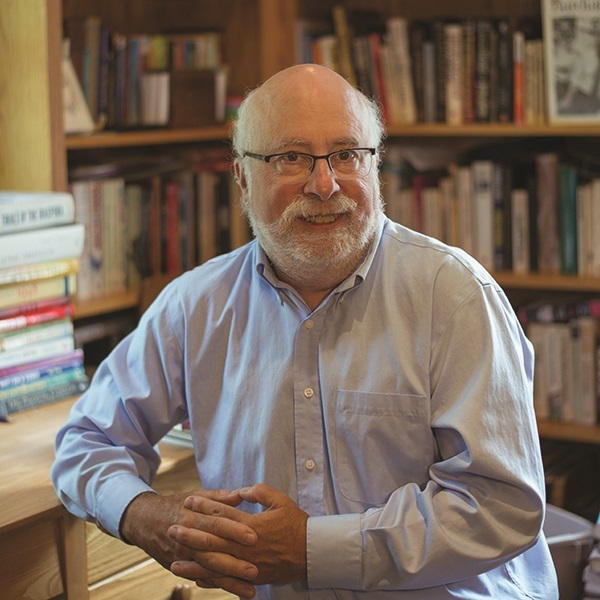 |
| Kenneth S. Stern |
Kenneth S. Stern is the director of the Bard Center for the Study of Hate, and an author and attorney. He is a regular guest on radio and television and his op-eds appear in, among others, The New York Times, The Washington Post, and The Forward. Stern's book Loud Hawk: The United States vs. the American Indian Movement won the Gustave Myers Center Award as outstanding book on human rights. His latest book, The Conflict over the Conflict: The Israel/Palestine Campus Debate, comes out in March 2020 from UTP's New Jewish Press imprint.
What prompted you to write The Conflict over the Conflict?
In the 1990s I trained hundreds of college presidents how to confront campus bigotry without speech codes or other methods that sacrifice academic freedom. But over the last few years I've seen the academic enterprise damaged as both sides of the campus Israel/Palestine debate try to silence the other. Each side, of course, complains about the other side's transgressions while ignoring, minimizing, or justifying its own. The campus ought to be the best place to have difficult discussions about hot-button issues, like this one. I wanted to write a book that explained the problems but also had concrete solutions, so that the discussion of Israel and Palestine on campus, while still stirring passions as it should, can also enhance our knowledge of the world and ourselves.
You've worked in courtrooms and classrooms. How does this experience inform your focus on the campus as the site of a meaningful exchange between these two camps?
In a courtroom you marshal arguments so that your side wins and the other side is vanquished. In a classroom the job is to help students wrestle with ideas, especially ones they might find disturbing. A good lawyer, of course, has to do what a good student should, look at a question with imagination and from a variety of perspectives. But a courtroom is for persuading, and a classroom should be for thinking.
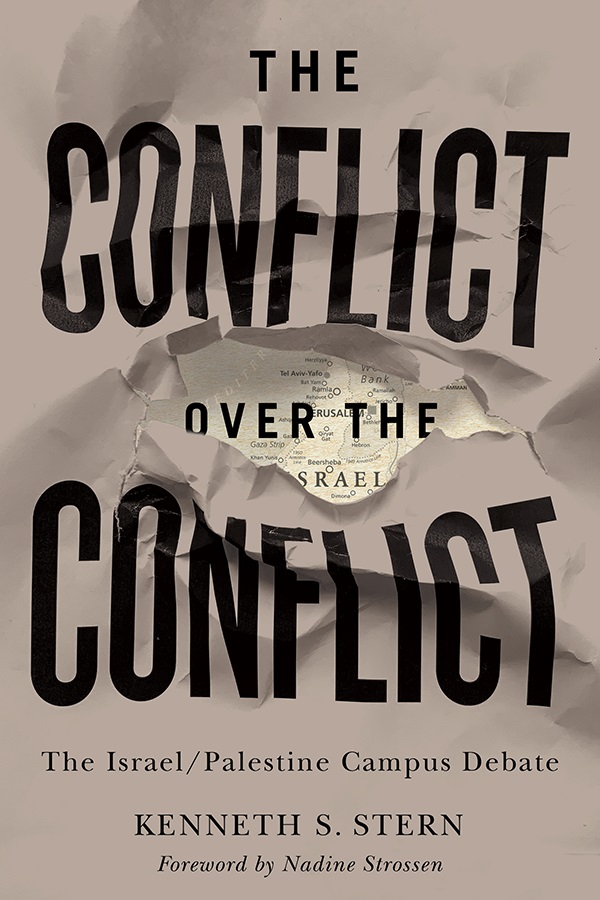 Many people feel a sense of despair about the Israel/Palestine conflict. What's the one thing that you'd tell them to give them hope about the future?
Many people feel a sense of despair about the Israel/Palestine conflict. What's the one thing that you'd tell them to give them hope about the future?
I'm not optimistic--I think we're further away from peace than we were 25 years ago. The conflict may be intractable, but our thinking about it doesn't have to be so binary. I hope this book, with its chapter about how thinking is influenced when our identities are tethered to an issue of perceived justice or injustice, will help people have a better sense of why it is such a vexing problem.
Favorite book when you were a child:
The Magic Tunnel by Caroline Emerson. It was my introduction to historical fiction, about New York City kids going on a subway (one of my favorite things as a child), and then magically being transported to New Amsterdam.
What books are on your nightstand now?
I have two piles. One is for my day passion--helping build the field of hate studies, so we understand hatred and what to do about it better. That pile contains Robert Sapolsky's Behave: The Biology of Humans at Our Best and Worst, Andrew Marantz's Anti-Social: Online Extremists, Techno-Utopians and the Hijacking of the American Conversation, and Eric Kaufmann's Whiteshift: Populism, Immigration, and the Future of White Majorities, among others.
The second pile is for my hot tub reading in southern California in the spring, which includes selections from David Baldacci, B.A Paris, John Grisham, my former Portland criminal defense attorney colleague Phil Margolin, and whatever new biography I find at the closest bookstore.
Favorite line from a book:
"[Y]ou can safely assume you've created God in your own image when it turns out that God hates all the same people you do." -- Anne Lamott
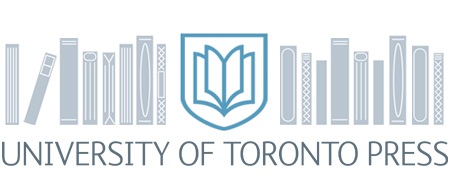 With the support of the publisher, Shelf Awareness focuses on the University of Toronto Press, one of the largest university presses in North America. There are lots of exciting changes underway at UTP: the press is launching a brand new trade imprint as well as the New Jewish Press imprint, both aimed at expanding UTP's tradition of publishing leading non-fiction but with an emphasis on reaching a wider, general audience. Visit University of Toronto Press at Winter Institute 2020 to learn more!
With the support of the publisher, Shelf Awareness focuses on the University of Toronto Press, one of the largest university presses in North America. There are lots of exciting changes underway at UTP: the press is launching a brand new trade imprint as well as the New Jewish Press imprint, both aimed at expanding UTP's tradition of publishing leading non-fiction but with an emphasis on reaching a wider, general audience. Visit University of Toronto Press at Winter Institute 2020 to learn more!![]()




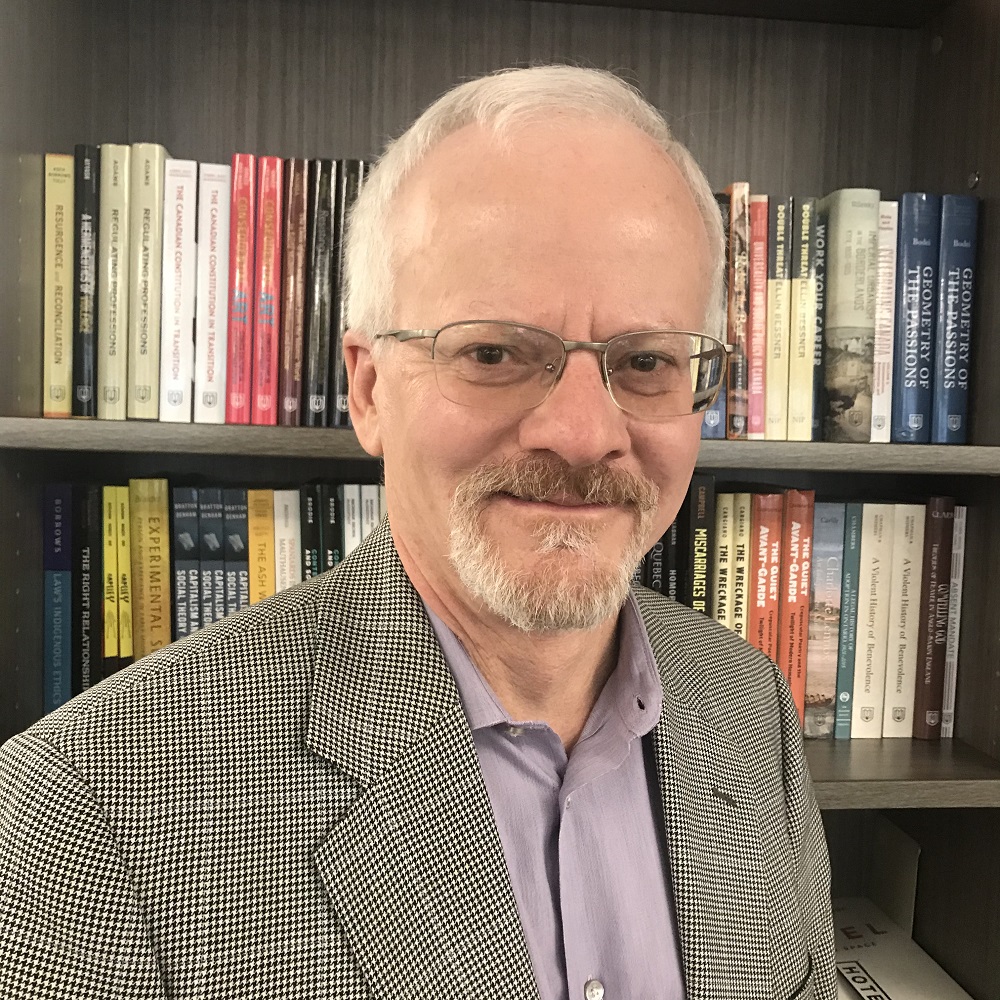
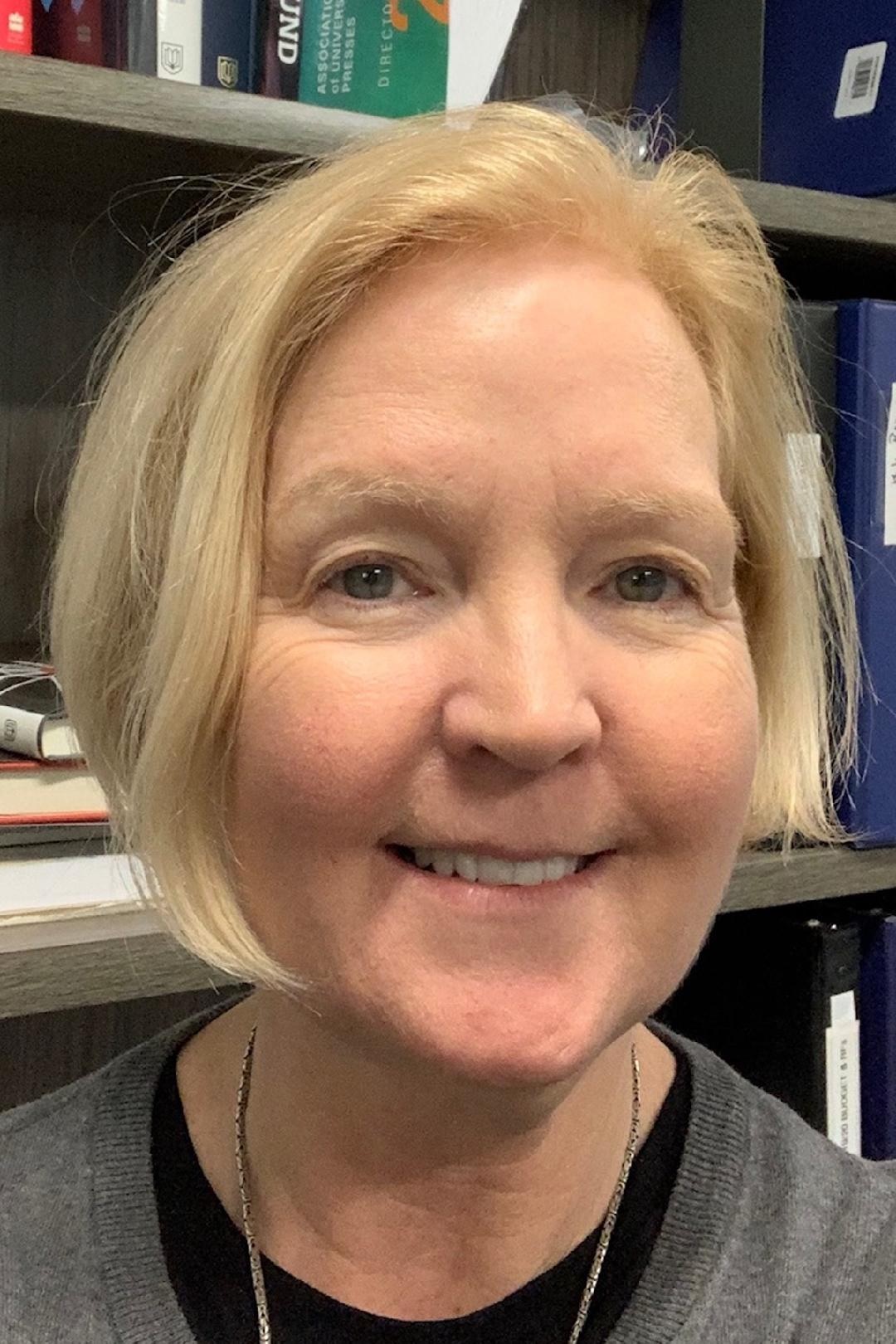
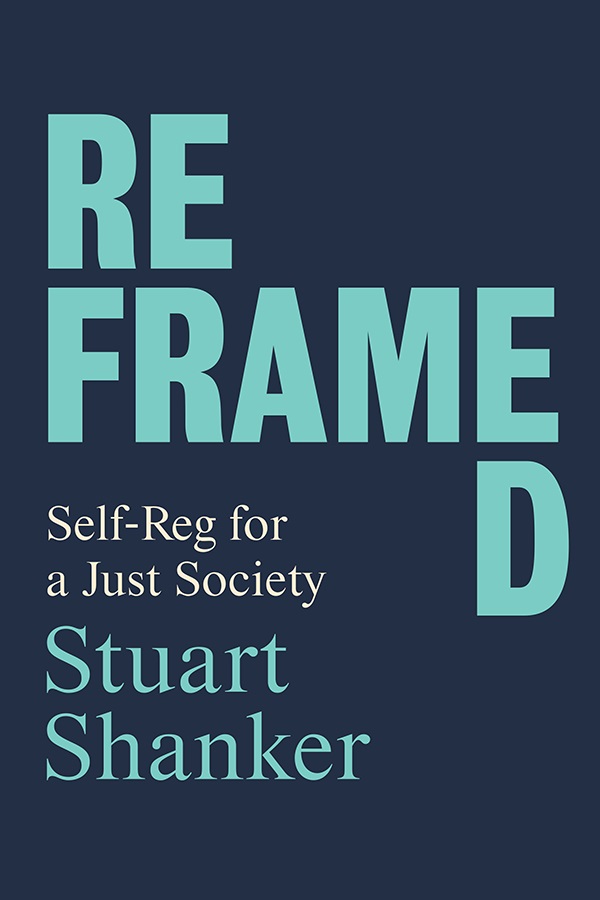 Reframed: Self-Reg for a Just Society by Stuart Shanker. The renowned psychologist's previous books Calm, Alert, and Learning and Self-Reg were written for educators and parents. Reframed, the final book in the trilogy, unpacks the scientific and conceptual practices that are the lifeblood of Shanker's highly influential approach to self-regulation, making it an accessible read for new self-reggers. (May 2020, $34.95 hardcover, 9781487506315.)
Reframed: Self-Reg for a Just Society by Stuart Shanker. The renowned psychologist's previous books Calm, Alert, and Learning and Self-Reg were written for educators and parents. Reframed, the final book in the trilogy, unpacks the scientific and conceptual practices that are the lifeblood of Shanker's highly influential approach to self-regulation, making it an accessible read for new self-reggers. (May 2020, $34.95 hardcover, 9781487506315.)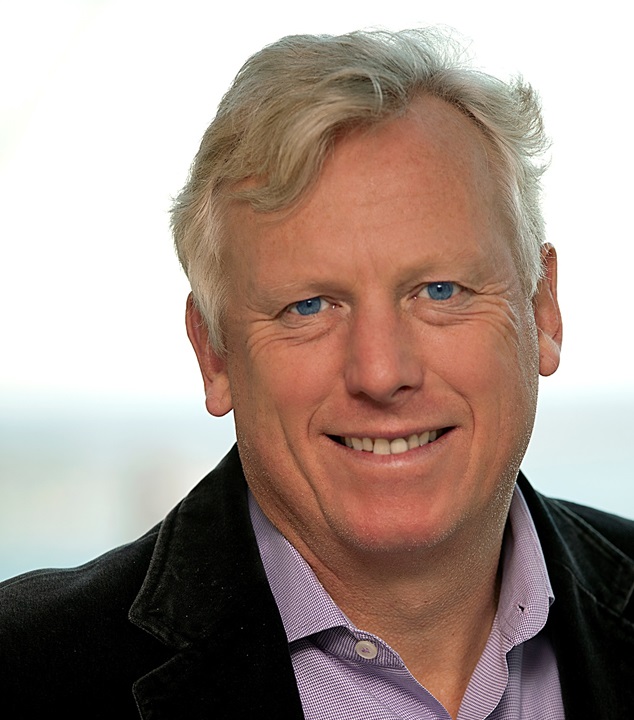
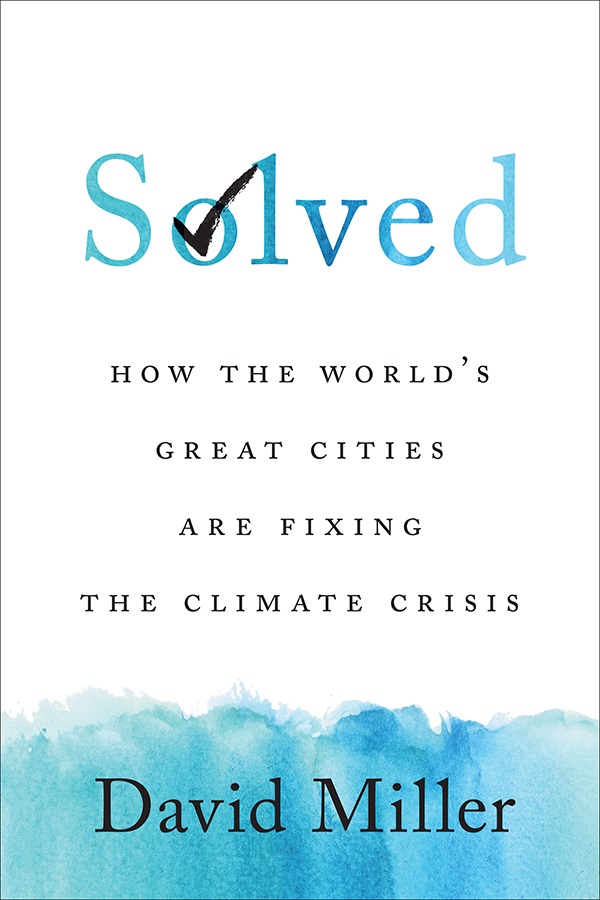 You've worked for international organizations and as Mayor of Toronto. How does this experience inform your focus on cities as the site of meaningful action on climate?
You've worked for international organizations and as Mayor of Toronto. How does this experience inform your focus on cities as the site of meaningful action on climate? 
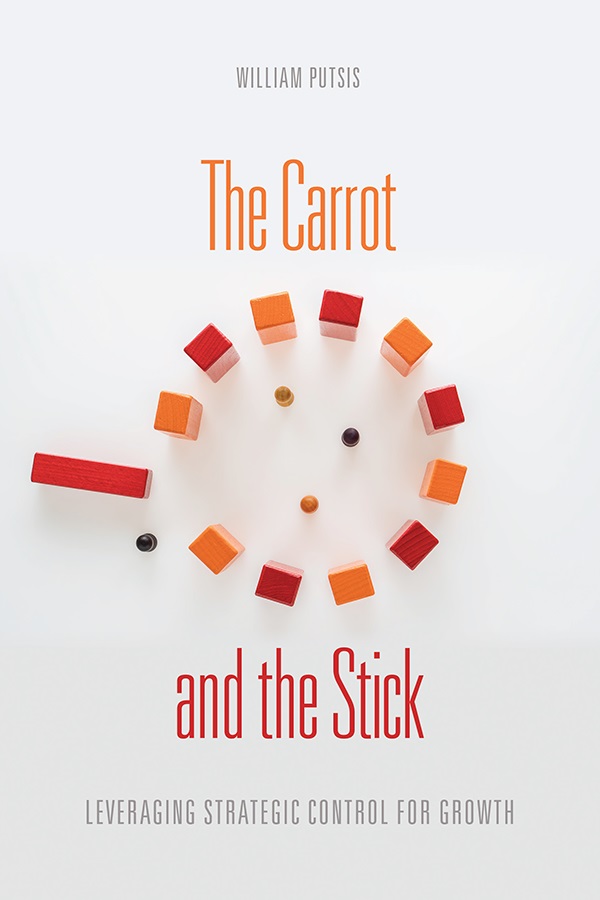 The Carrot and the Stick: Leveraging Strategic Control for Growth by William Putsis. Drawing on diverse examples, Putsis shows that leading companies don't just control a corner of their market. In fact, they leverage that foothold to gain control of other, related aspects of their industry. (February 2020, $32.95 hardcover, 9781487501655.)
The Carrot and the Stick: Leveraging Strategic Control for Growth by William Putsis. Drawing on diverse examples, Putsis shows that leading companies don't just control a corner of their market. In fact, they leverage that foothold to gain control of other, related aspects of their industry. (February 2020, $32.95 hardcover, 9781487501655.)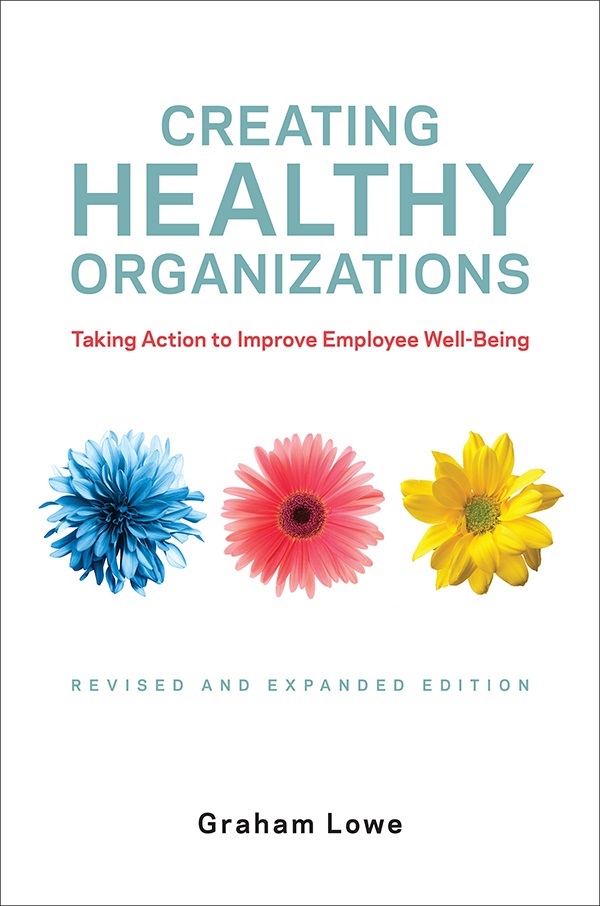 Creating Healthy Organizations: Taking Action to Improve Employee Well-Being by Graham Lowe. In this revised and expanded edition of his bestselling 2012 book of the same name, Lowe shows readers how to forge stronger links between employee well-being and the future success of any organization. (July 2020, $34.95 hardcover, 9781487505158.)
Creating Healthy Organizations: Taking Action to Improve Employee Well-Being by Graham Lowe. In this revised and expanded edition of his bestselling 2012 book of the same name, Lowe shows readers how to forge stronger links between employee well-being and the future success of any organization. (July 2020, $34.95 hardcover, 9781487505158.)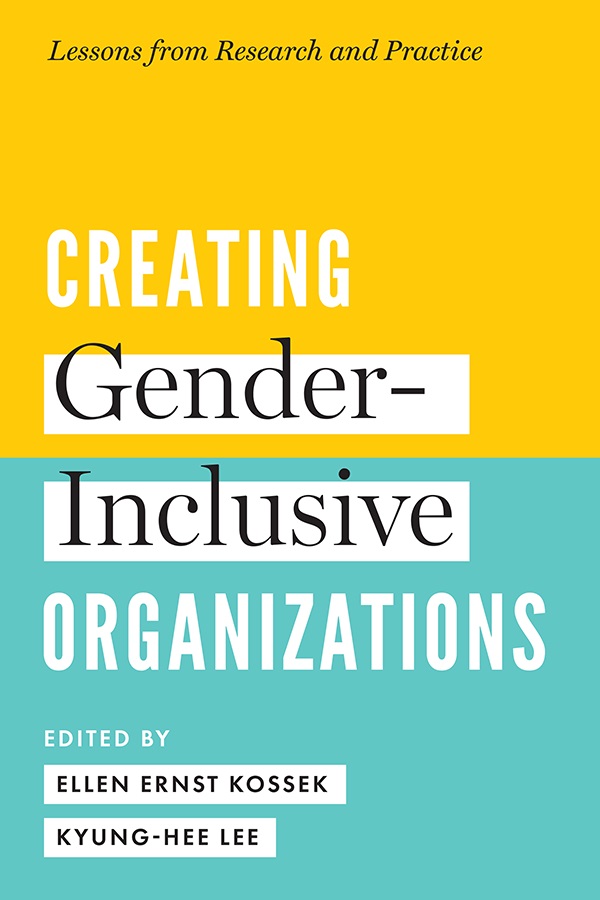 Creating Gender-Inclusive Organizations: Lessons from Research and Practice edited by Ellen Ernst Kossek and Kyung-Hee Lee. Providing insights on gender inclusion, mentoring, and female leadership, this anthology features hands-on advice from experts on how to advance women and close the gender gap. (June 2020, $32.95 hardcover, 9781487503734.)
Creating Gender-Inclusive Organizations: Lessons from Research and Practice edited by Ellen Ernst Kossek and Kyung-Hee Lee. Providing insights on gender inclusion, mentoring, and female leadership, this anthology features hands-on advice from experts on how to advance women and close the gender gap. (June 2020, $32.95 hardcover, 9781487503734.)
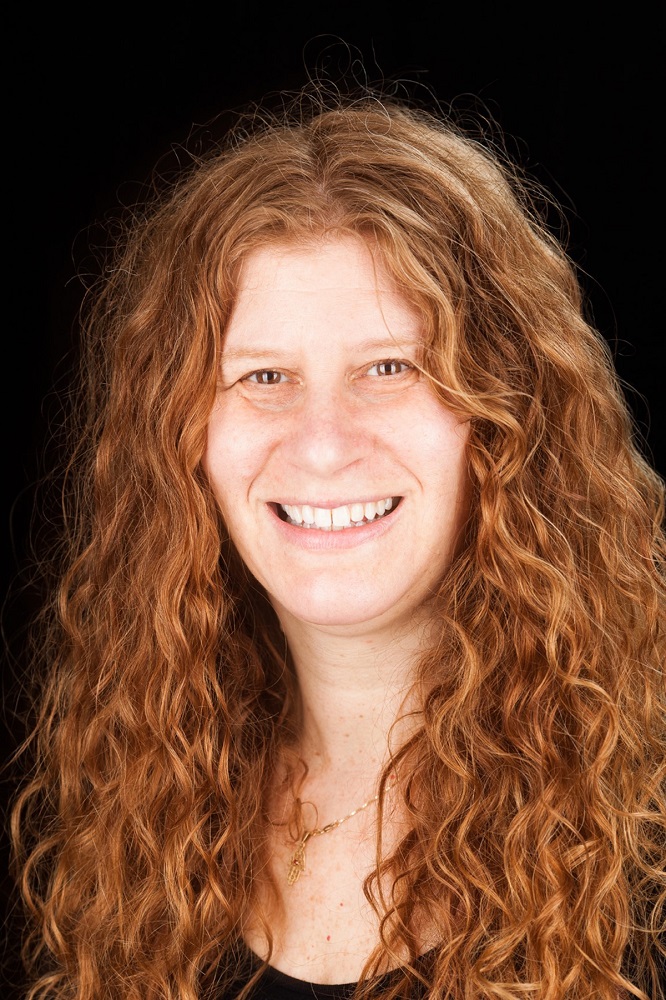
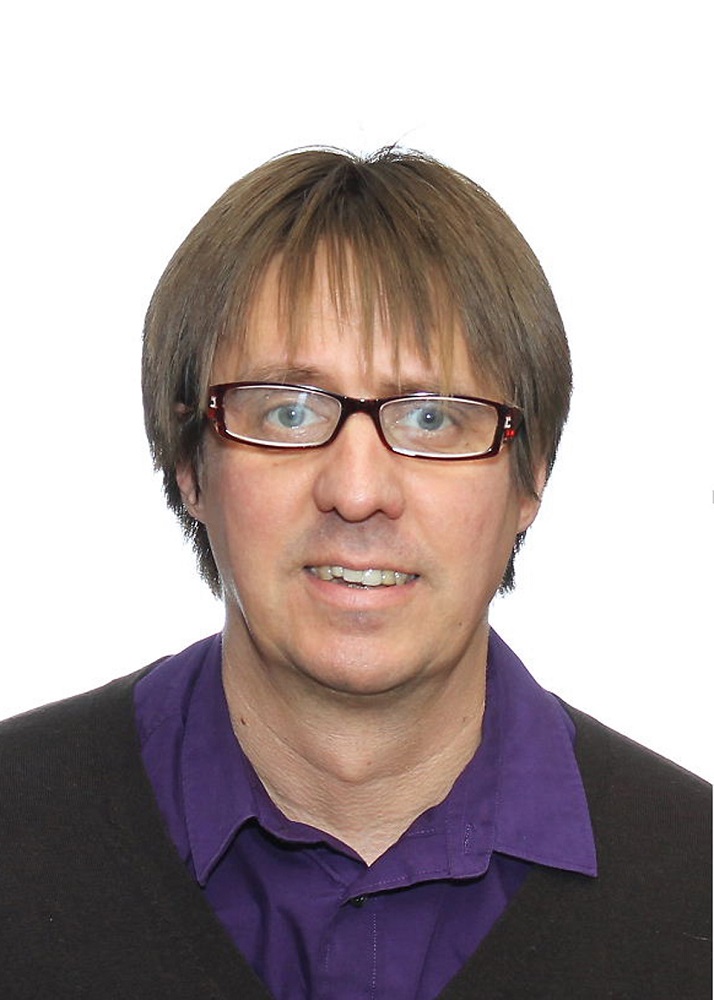
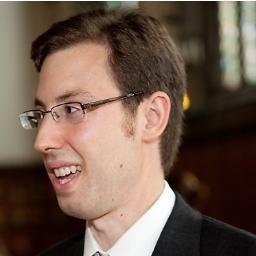

 Many people feel a sense of despair about the Israel/Palestine conflict. What's the one thing that you'd tell them to give them hope about the future?
Many people feel a sense of despair about the Israel/Palestine conflict. What's the one thing that you'd tell them to give them hope about the future?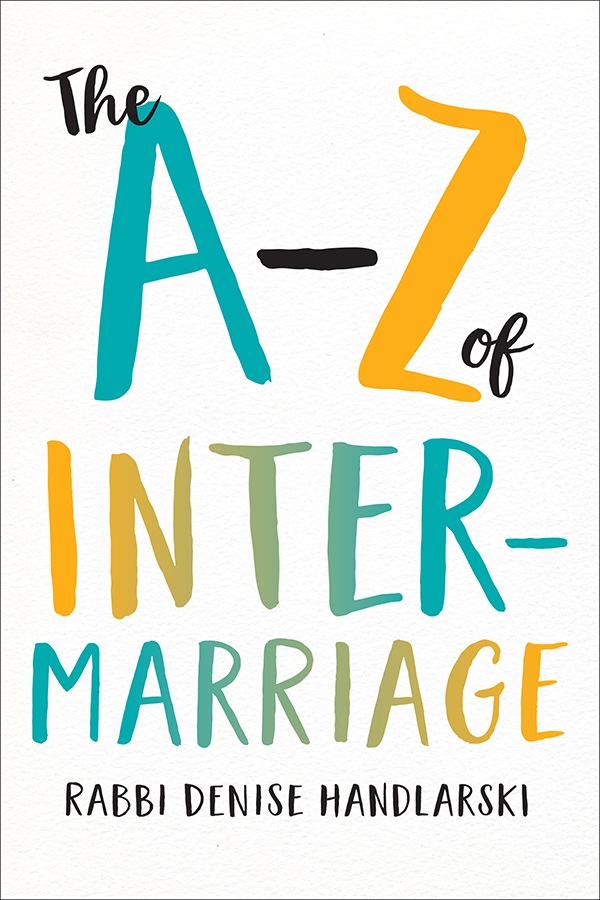 From The A-Z of Intermarriage by Rabbi Denise Handlarski (New Jewish Press, March 2020):
From The A-Z of Intermarriage by Rabbi Denise Handlarski (New Jewish Press, March 2020):



